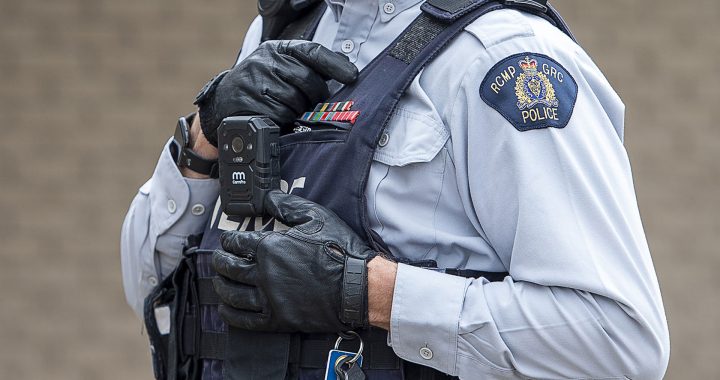
The Canadian Human Rights Tribunal has ruled a northern Manitoba community discriminated against a female employee, Photo: APTN News
The Canadian Human Rights Tribunal, or CHRT, is hearing expert testimony in the case of Nicholas Dinardo, a member of Piapot First Nation has filed a complaint against Correctional Service Canada (CSC).
Dinardo, who uses the pronouns they/them, is Two-Spirit. The complaint began on February 12, 2024.
Dinardo, who was formerly incarcerated, alleges that the CSC discriminated against them on the basis of their gender identity, mental health disabilities, Indigenous identity and religion (they are Jewish) during their incarceration.
In a written complaint to the CHRT, Dinardo claims that they were “hosed down with pepper spray” and had their legs forced apart at Saskatchewan Penitentiary after refusing to comply with a cavity check.
In addition, Dinardo alleges several discriminatory practices by CSC including subjecting them to an unsafe and traumatizing living environment where they experience extended periods of isolation.
APTN Investigates previously released a documentary about Dinardo.
Dinardo also alleges in the written complaint that they faced violence and were not provided with gender-affirming clothing. They also claim that they were repeatedly misgendered.
“I think that Nick’s case is representative of the way that Indigenous people are treated in colonial prisons,” Jennifer Metcalfe, the executive director of prisoner’s legal services’, told APTN News.
This week, the tribunal will hear from Dinardo’s three experts. Dr. Kai Pyle who will provide evidence about Two-Spirit identity and the oppression faced by Two-Spirit people; Dr. William Hébert will provide evidence on the implementation of policy impacting gender-diverse people in prison; and Dr. Terry Kupers is a psychiatrist who will speak about the impacts of use of force, self-harm, and isolation in prison.
Nicole Kief, policy director of Prisoners’ Legal Services said in a news release, “No one should suffer the kinds of indignities and abuses that Mx. Dinardo experienced in prison. The injustices raised in this case are systemic, and CSC must change its policies to comply with the Canadian Human Rights Act.”
In 2017, a new CSC policy states that transgender or gender diverse inmates can be placed in an institution of their preference, “regardless of their anatomy (sex) or gender on their identification documents unless there are overriding health or safety concerns which cannot be resolved.”
Metcalfe said that she was unaware of any health or safety concerns as a part of Dinardo’s case.
The policy changes, which were in effect on Dec. 27, 2017, were intended to make sure that federal offenders who identify as transgender are afforded the same protections, dignity and treatment as others, according to CSC.









